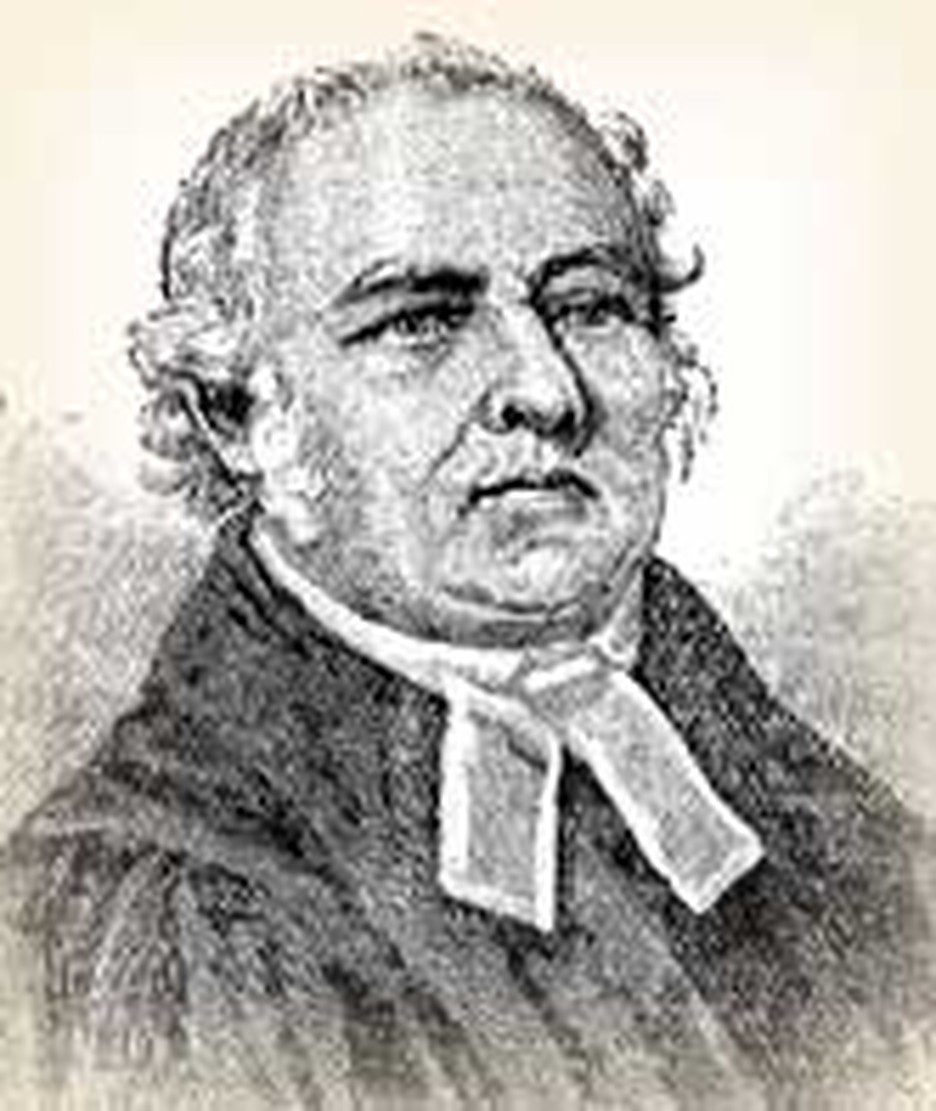
Samuel Marsden, a missionary-pastor in Australia, could not interest the Church Missionary Society of England in sending someone to take the Gospel to the Maori of New Zealand. No one wanted to risk being killed and eaten on the islands. But Samuel believed the job could be done. On a trip to England, he enlisted two laymen, William Hall, a shipbuilder, and John King, a rope maker. Later, they were joined by a third, Thomas Kendall, a schoolmaster.
Sailing back to Australia in 1810, the Church of England minister cared for a Maori chief who had been cheated and abused by white sailors. This was Ruatara. When he had returned "Down Under," Samuel took this man into his own home and paid his passage to New Zealand. The treacherous captain took Samuel's money but then forced Ruatara to stay on the ship and work for him; but eventually the chief made it home, grateful to Samuel for his assistance and for teaching him to grow wheat.
When Samuel could not get a mission society to act, he and his three friends set out on their own. However, the Maori massacred a boatload of white men and the governor denied Samuel permission to sail to New Zealand. Eventually, Samuel bought a brig, the Active, with his own money and the four men sailed to New Zealand, accompanied by several Maori who had been living in exile. To show that he came in peace, Samuel gave gifts to the tribe that had massacred the ship's crew. On Christmas day, 1814, he preached the first sermon the Maori had ever heard, its theme being, "Behold, I bring you tidings of great joy." Ruatara translated.
Through many dangers and adventures, Samuel brought the Gospel to the Maori and it was well received. On this day, September 7, 1823, nine years after his first landing in New Zealand, as Samuel was sailing back to Australia in the Brampton, disaster struck. A strong east wind drove the ship onto a reef. With Samuel was a Wesleyan missionary, who was ill. Samuel had a boat lowered so that he could take this man to safety. Kindly natives shared what they could with the missionaries and cried aloud in dismay when the wind took down the Brampton's main mast. It appeared as if the men left on the ship must perish. However, after a frightening night, all were rescued.
Altogether, Samuel visited New Zealand seven times. A man of wide vision, he was largely responsible for organizing the evangelization of the South Pacific. However, he was also known as the "flogging parson" in Australia for handing out stiff penalties to convicts. (Parsons often acted as civil magistrates.) A commission which looked into accusations against his conduct did not substantiate the charges against him.
Bibliography:
- "Marsden, Samuel." Biographical dictionary of Christian missions, edited by Gerald H. Anderson. New York: Macmillan Reference,1998.
- "Marsden, Samuel." The Dictionary of National Biography, founded in 1882 by George Smith; edited by Leslie Stephen and Sidney Lee. London: Oxford University Press, 1921-1996.
- "Marsden, Samuel." Evangelical Dictionary of World Missions, general editor, A. Scott Moreau. Grand Rapids, Michigan: Baker Books, 2000.
- Reed, A. H. Samuel Marsden; Greatheart of the Maori. London: Pickering and Inglis, 1939.
Last updated July, 2007







